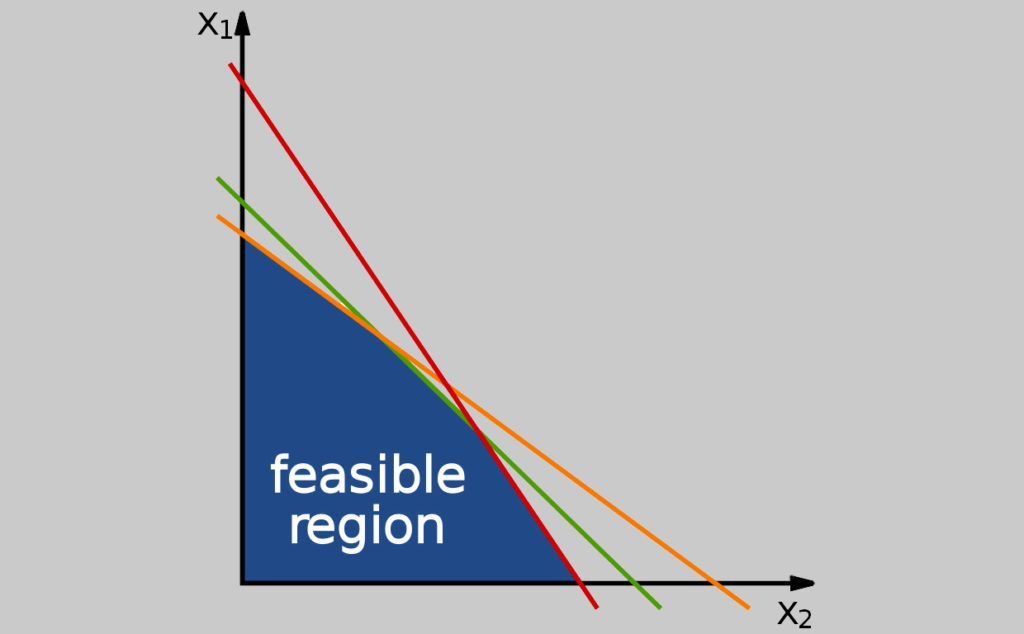New in our Mplus Summer School: a full day on Mediation Analysis by Milica Miočević
New this year will be a day on Mediation Analysis taught by Milica Miočević. Learn why you should not use normal theory confidence limits for testing the significance of the mediated effect, what methods for mediation analysis have the most power, and how to select the…
Sign up for the 8th Mplus User Meeting
Do you use daily diaries, ecological momentary assessments (EMA), experience sampling methodology (ESM), or other ambulatory assessments in your research? Are you curious about what these data can tell you about the dynamics of processes? DSEM consists of cutting-edge techniques including time series analysis and dynamic…
Facing off with Scylla and Charybdis: a comparison of scalar, partial, and the novel possibility of approximate measurement invariance
Measurement invariance (MI) is a pre-requisite for comparing latent variable scores across groups. The current paper introduces the concept of approximate MI building on the work of Muthén and Asparouhov and their application of Bayesian Structural Equation Modeling (BSEM) in the software Mplus.
Bayesian evaluation of informative hypotheses in SEM using Mplus: A black bear story
Half in jest we use a story about a black bear to illustrate that there are some discrepancies between the formal use of the p-value and the way it is often used in practice. We argue that more can be learned from data by evaluating informative hypotheses, than by testing the traditional null hypothesis.
Bayesian Evaluation of Inequality-Constrained Hypotheses in SEM Models using Mplus
Researchers in the behavioral and social sciences often have expectations that can be expressed in the form of inequality constraints among the parameters of a structural equation model resulting in an informative hypothesis. The questions they would like an answer to are “Is the hypothesis Correct” or “Is the hypothesis incorrect”?






